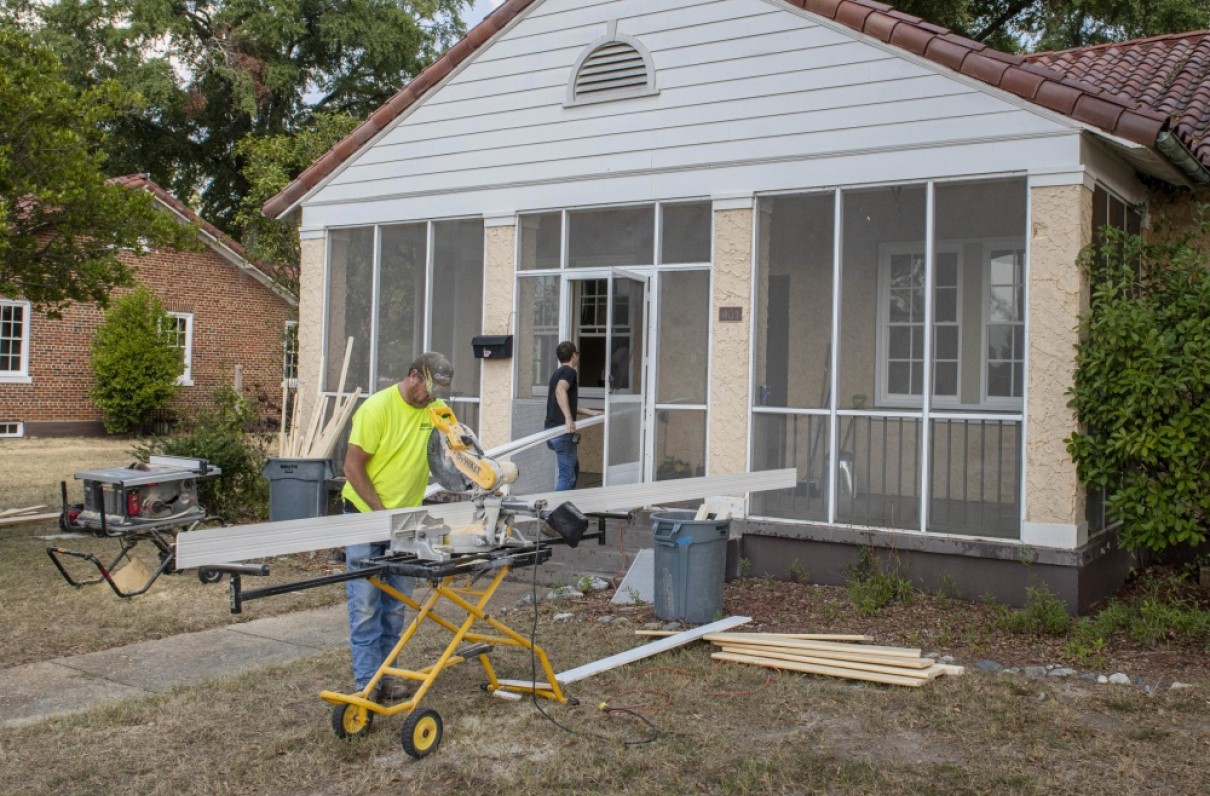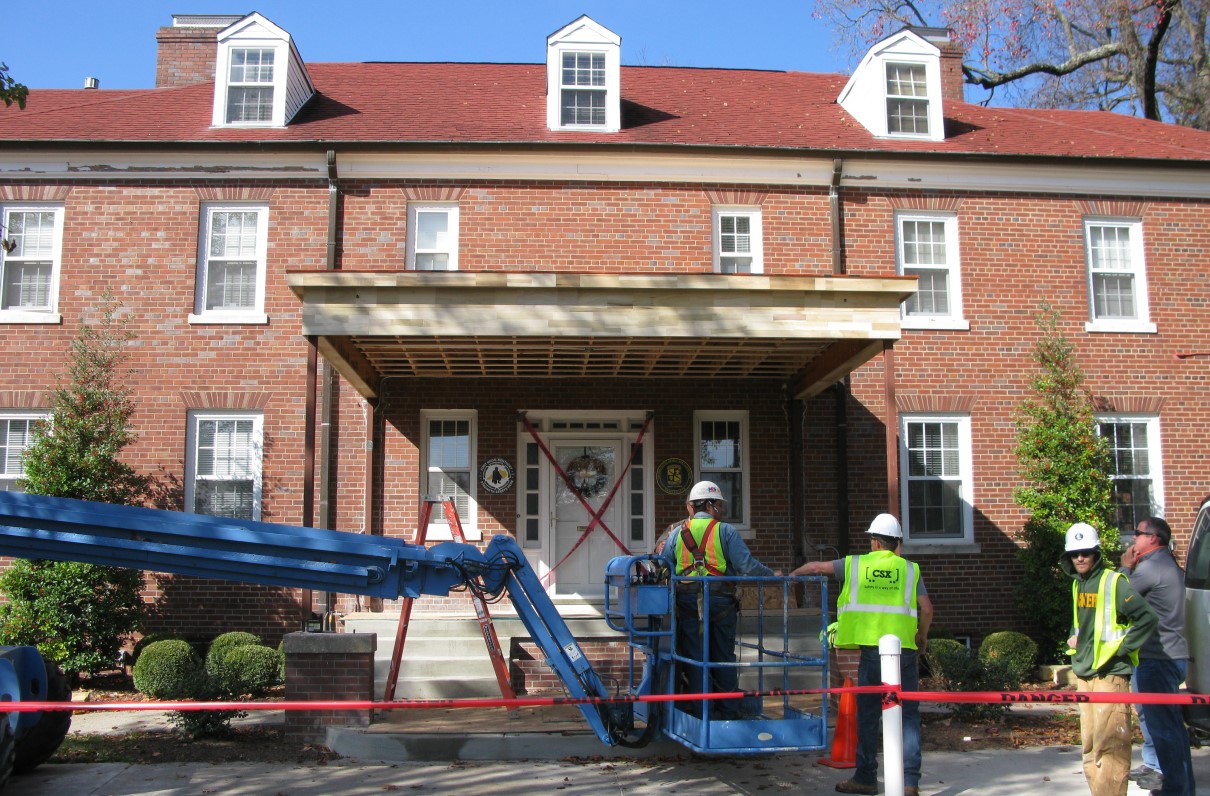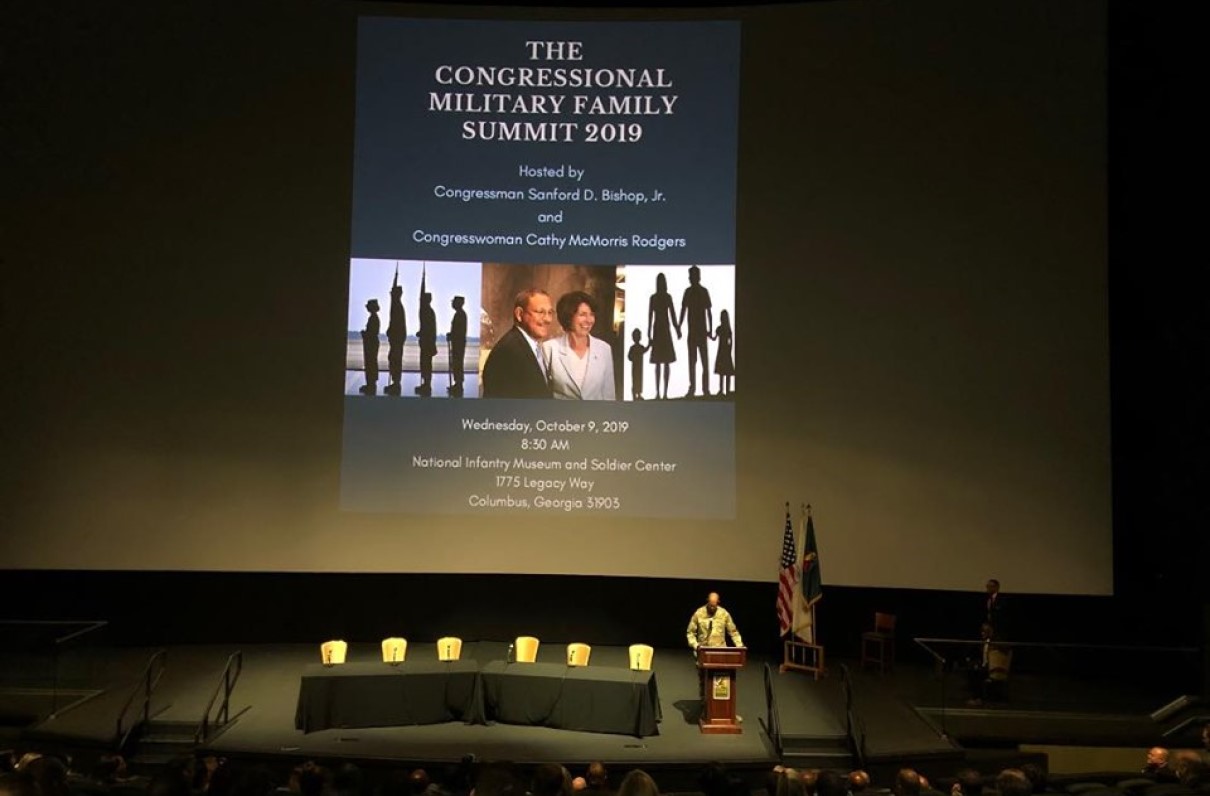By MOAA Staff
Mold-infested housing at Fort Meade, Md., led 10 military families to file a lawsuit against their property management company, claiming their maintenance requests were ignored or improperly addressed.
The move came two weeks after eight families living in Air Force base housing in Texas sued their property management company over “atrocious conditions.”
These suits are far from the only legal fights triggered by unsafe living conditions for military families, some of which have led to large payouts. We can likely expect to see even more families taking legal action as they become fed up with these housing companies and DoD’s inability to improve enforcement of health and safety standards. MOAA has worked to include more safeguards for these families at all stages of the housing process, many of which were included in both the House and Senate versions of the National Defense Authorization Act (NDAA).
The best way to avoid the kinds of conditions that lead to lawsuits is to give military families a more effective voice in the housing process. Several MOAA-backed NDAA provisions would do just that, including:
- Senate language that would restrict the types of fees charged by housing companies, particularly nonrefundable fees.
- Senate language that would allow families to withhold Basic Allowance for Housing (BAH) funds via a request through their installation commander, which would be followed up by an inspection and come with financial penalties for the housing company if the problem isn’t fixed in a timely fashion.
- House language that allows for a third-party arbitrator, instead of a landlord, to resolve housing disputes.
- Senate language that would increase commander oversight of the housing process and require the launch of a complaint database.
- House language that would require a report to Congress on the legal services DoD may provide to servicemembers and their families who have been harmed by health and safety hazards while living in housing. This list of resources would be made available at all installations.
Ask your lawmaker to support these provisions and others backed by MOAA as the NDAA deliberations continue. MOAA also will continue its work in support of separate legislation to address these concerns.


